Meet Michael Ford, the hip hop architect
The American Midwest is shaking up the world of architecture. Our profile series, part of our Next Generation 2022 project, explores exciting young studios presenting bold ideas for a better future for the built environment. Meet Michael Ford

Michael Ford is a busy man. The Detroit-born, Maddison-based architect not only heads the small but dynamic studio, Brandnu Design, focusing on architecture, community engagement, textiles, and fashion; he also spearheads the Hip Hop Architecture Camp, ‘an international initiative which uses hip-hop culture as a catalyst to introduce underrepresented youth to architecture, design, and urban planning in a culturally relevant way’.
The camp is an initiative of Muundo Inc, a Wisconsin-based non-profit organisation that Ford started in 2016 (the same year Brandu Design was founded), and it’s an exciting, refreshing and an important project. Its programme is 100 per cent free for all who take part and encompasses a paid internship scheme that places top camp participants in architecture and design firms across the globe.
Michael Ford: rethinking architecture and design
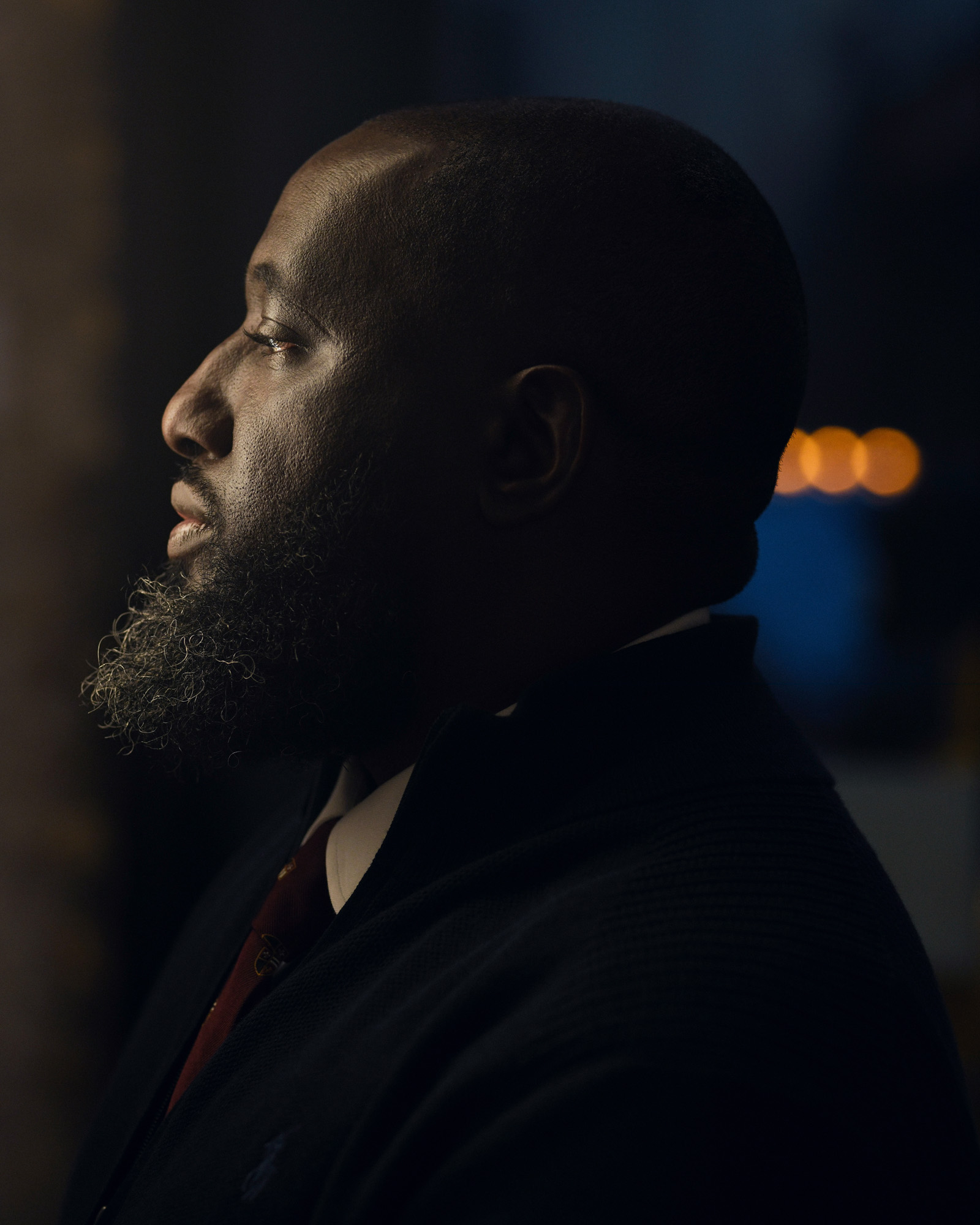
Architect Michael Ford, photographed by Hugo Yu at The Robey in Chicago
‘My work is defined by my love of Black music. The ingenuity exhibited throughout history by Black musicians is what drives me to rethink approaches to architecture and design,’ Ford explains. ‘I position hip hop culture as the post-occupancy evaluation of modernism. Meaning that hip hop offers an unsolicited, unfiltered, and raw critique of the places and spaces where the culture was born and where it lives today.’
He continues: ‘My work extracts the rhythms, patterns, textures, and structures which are unique to the elements of hip hop culture and converts them to architectural rhythms, patterns, textures and structures.’
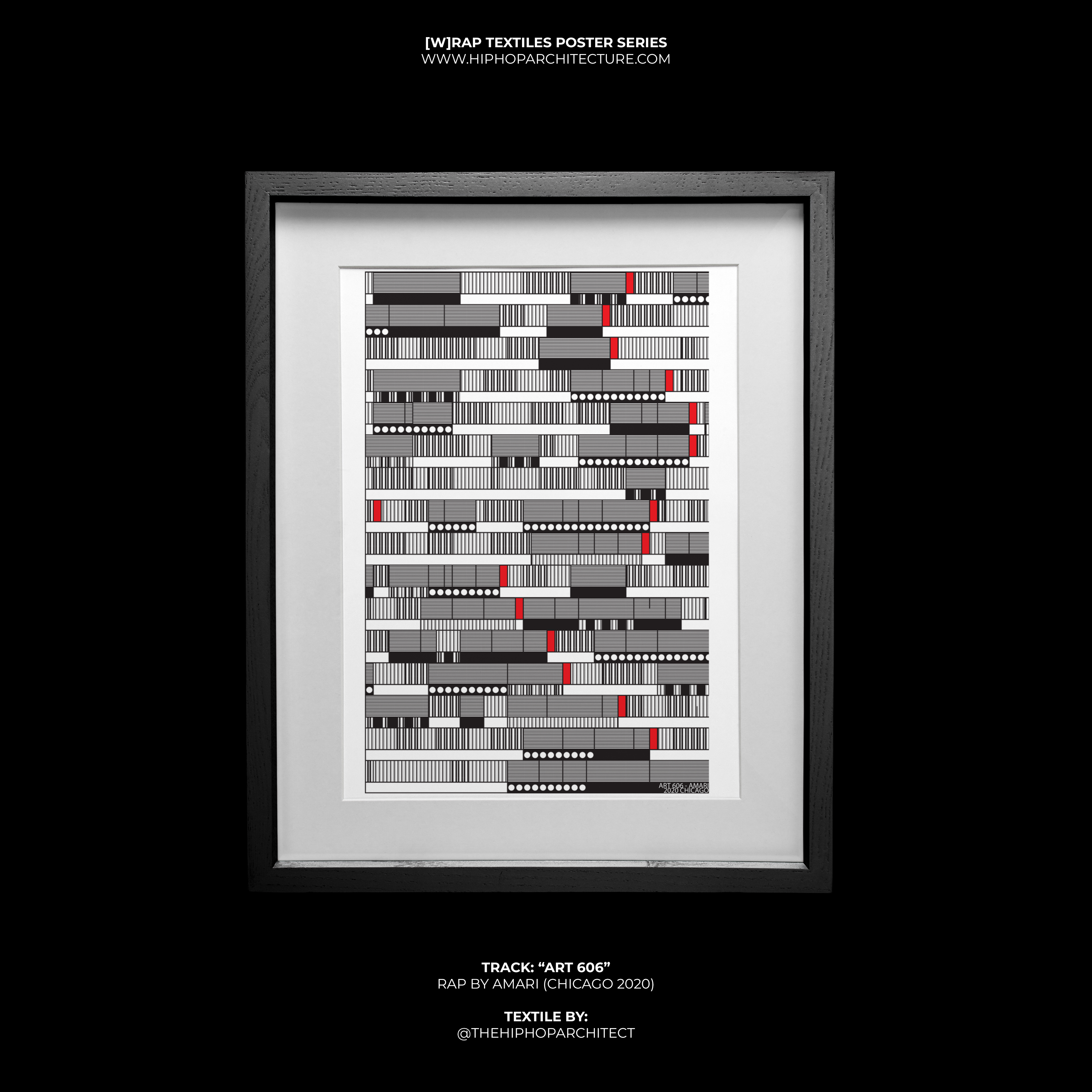
Poster using Michael Ford's textile series [W]raps!, which converts raps into design
His work, Ford reiterates, is centred on social justice and the built environment, striving to challenge the standard approaches to architecture and design – and drawing parallels between those and music.
‘Architecture lacks diversity. Less than three per cent of licensed architects in the United States are African American! How will architecture look and what impact can we have if we have more practitioners of colour? That’s a question I constantly ask myself,’ he says.

Hip Hop Architecture Camp products
Ford’s voice is powerful and his energy seemingly endless. In addition to his work for Hip Hop Architecture Camp, he is also president of the Wisconsin Chapter of the National Organization of Minority Architects (NOMA), while recent and current projects span plans for the Universal Hip Hop Museum in The Bronx, preparations for a rap-inspired textile and fashion line, and a range of public appearances including a short film on the Oprah Winfrey Network’s Super Soul Sunday. Still, his most significant recent achievement, he confesses, is ‘becoming a dad’.
Wallpaper* Newsletter
Receive our daily digest of inspiration, escapism and design stories from around the world direct to your inbox.
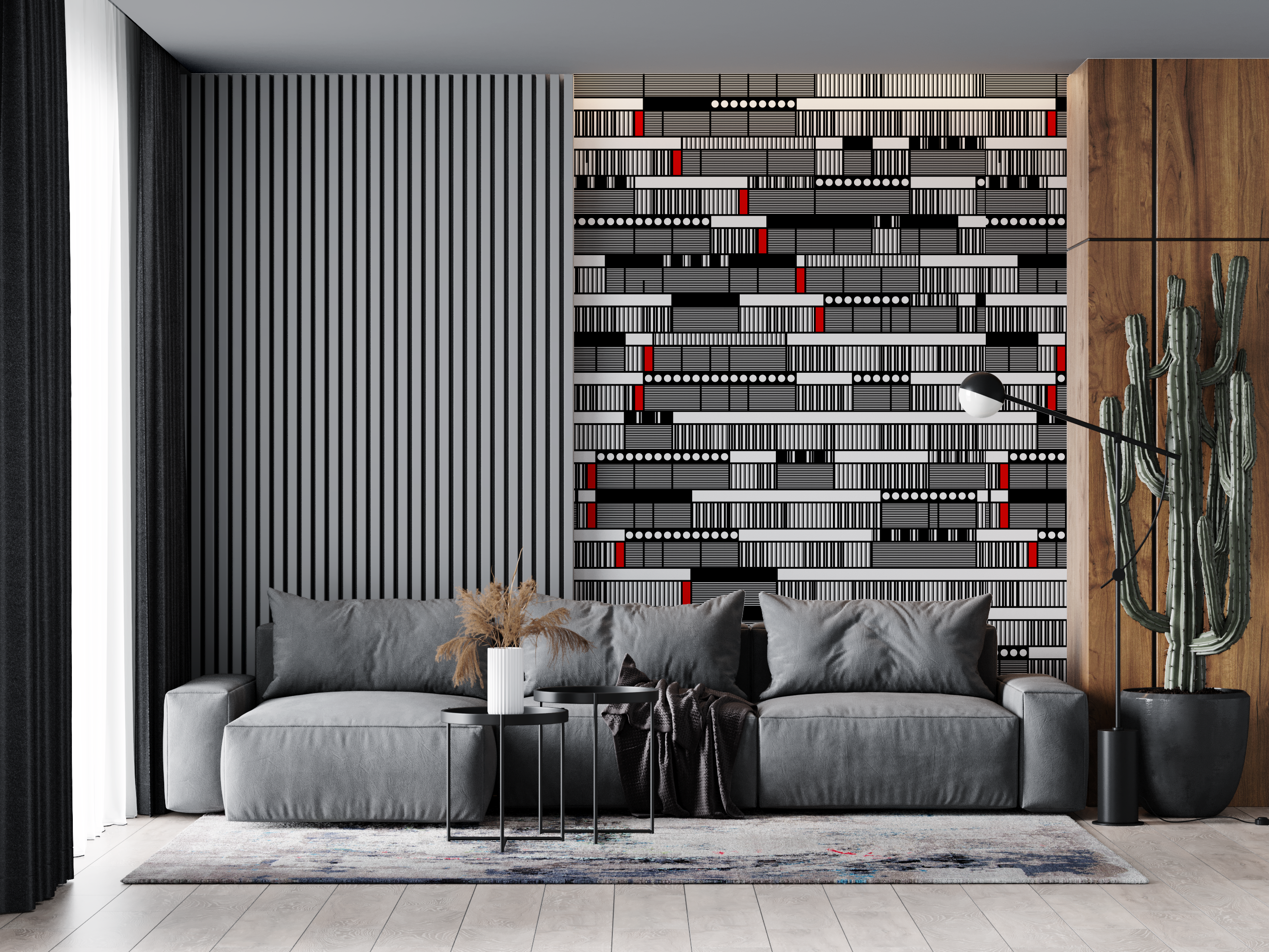
Mock-up of the use of [W]raps! collection textiles in interiors
INFORMATION
A version of this article appears in the January 2022 issue of Wallpaper* (W*273). Subscribe today!
Ellie Stathaki is the Architecture & Environment Director at Wallpaper*. She trained as an architect at the Aristotle University of Thessaloniki in Greece and studied architectural history at the Bartlett in London. Now an established journalist, she has been a member of the Wallpaper* team since 2006, visiting buildings across the globe and interviewing leading architects such as Tadao Ando and Rem Koolhaas. Ellie has also taken part in judging panels, moderated events, curated shows and contributed in books, such as The Contemporary House (Thames & Hudson, 2018), Glenn Sestig Architecture Diary (2020) and House London (2022).
-
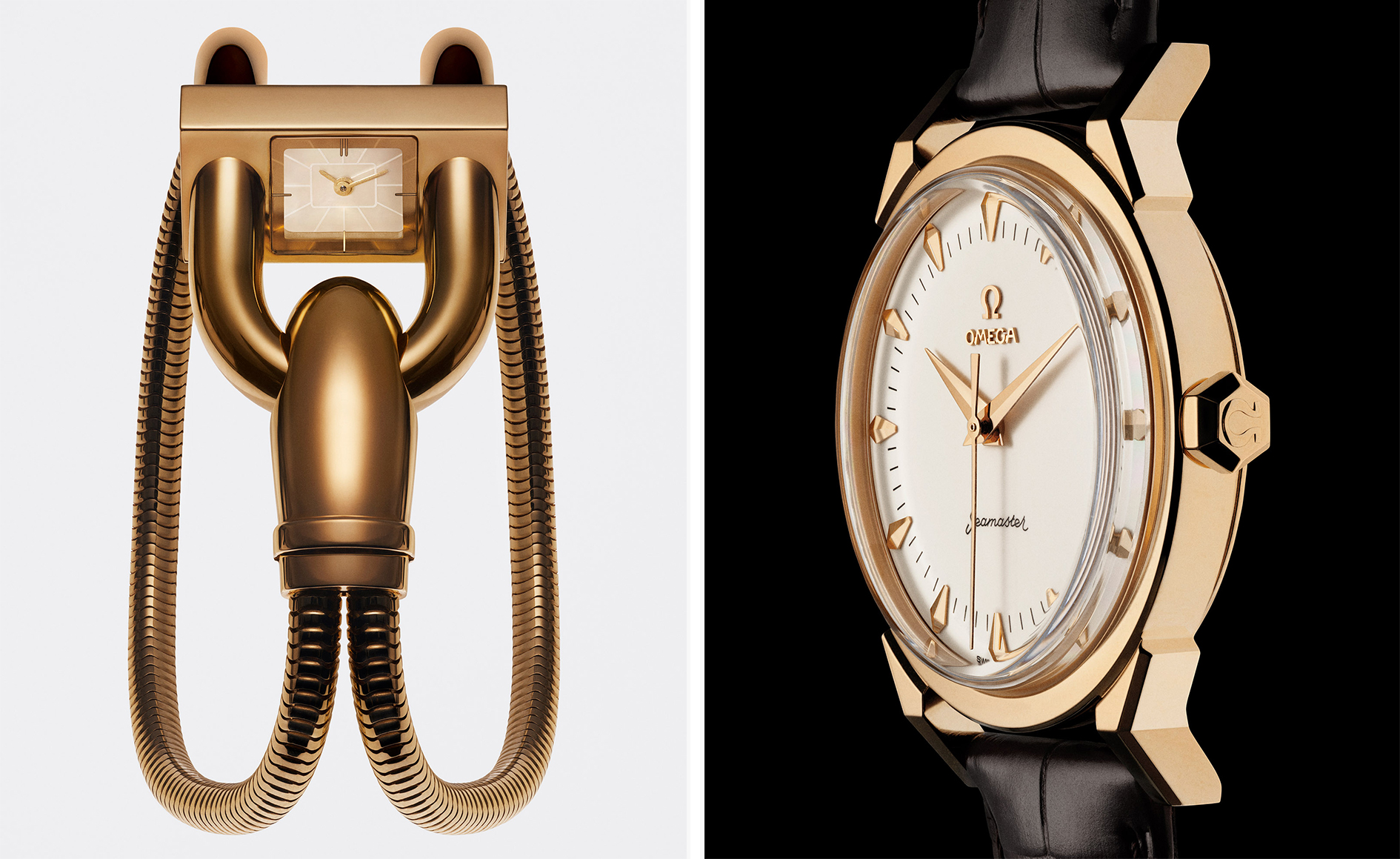 A stripped-back elegance defines these timeless watch designs
A stripped-back elegance defines these timeless watch designsWatches from Cartier, Van Cleef & Arpels, Rolex and more speak to universal design codes
By Hannah Silver
-
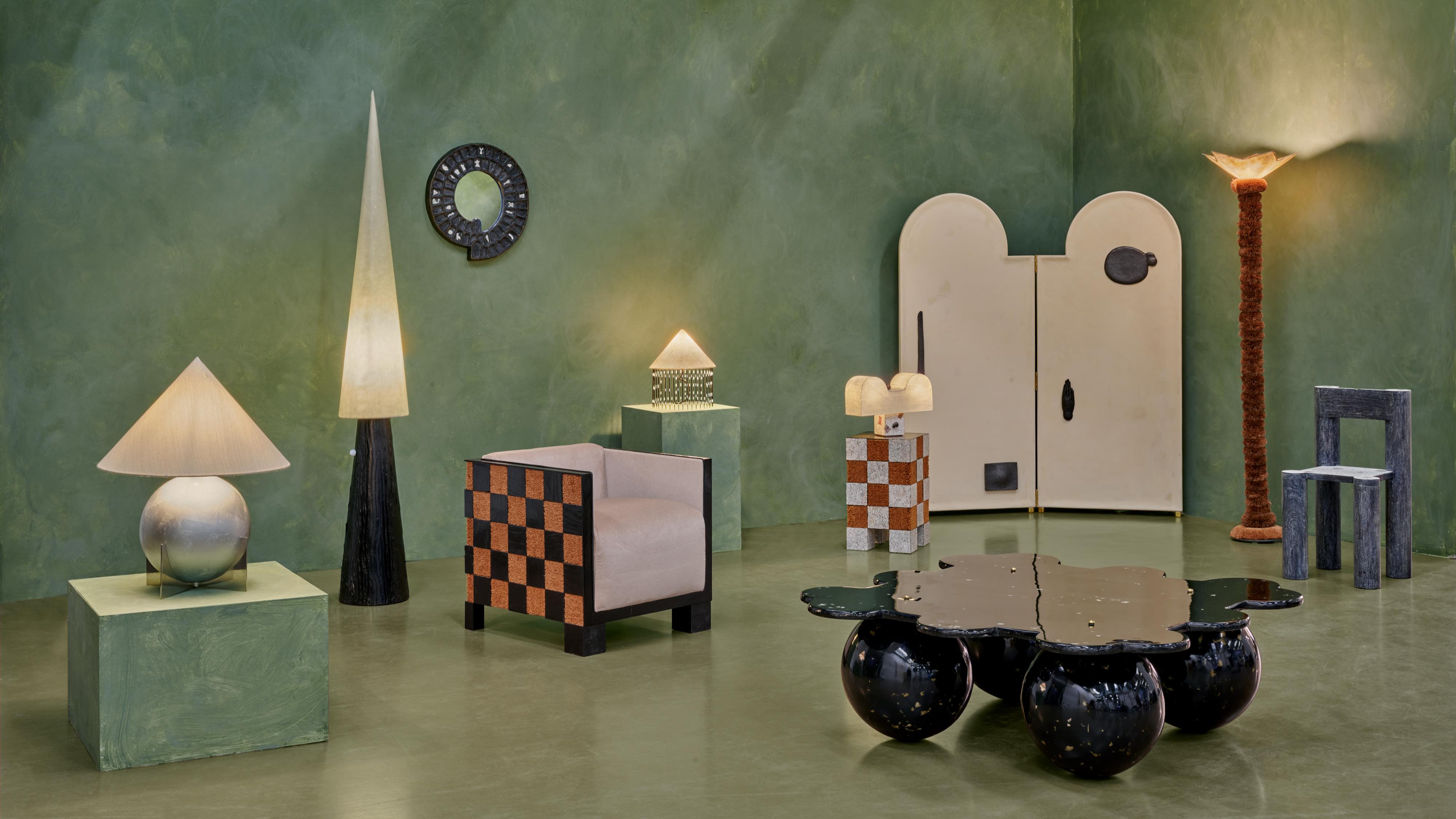 Postcard from Brussels: a maverick design scene has taken root in the Belgian capital
Postcard from Brussels: a maverick design scene has taken root in the Belgian capitalBrussels has emerged as one of the best places for creatives to live, operate and even sell. Wallpaper* paid a visit during the annual Collectible fair to see how it's coming into its own
By Adrian Madlener
-
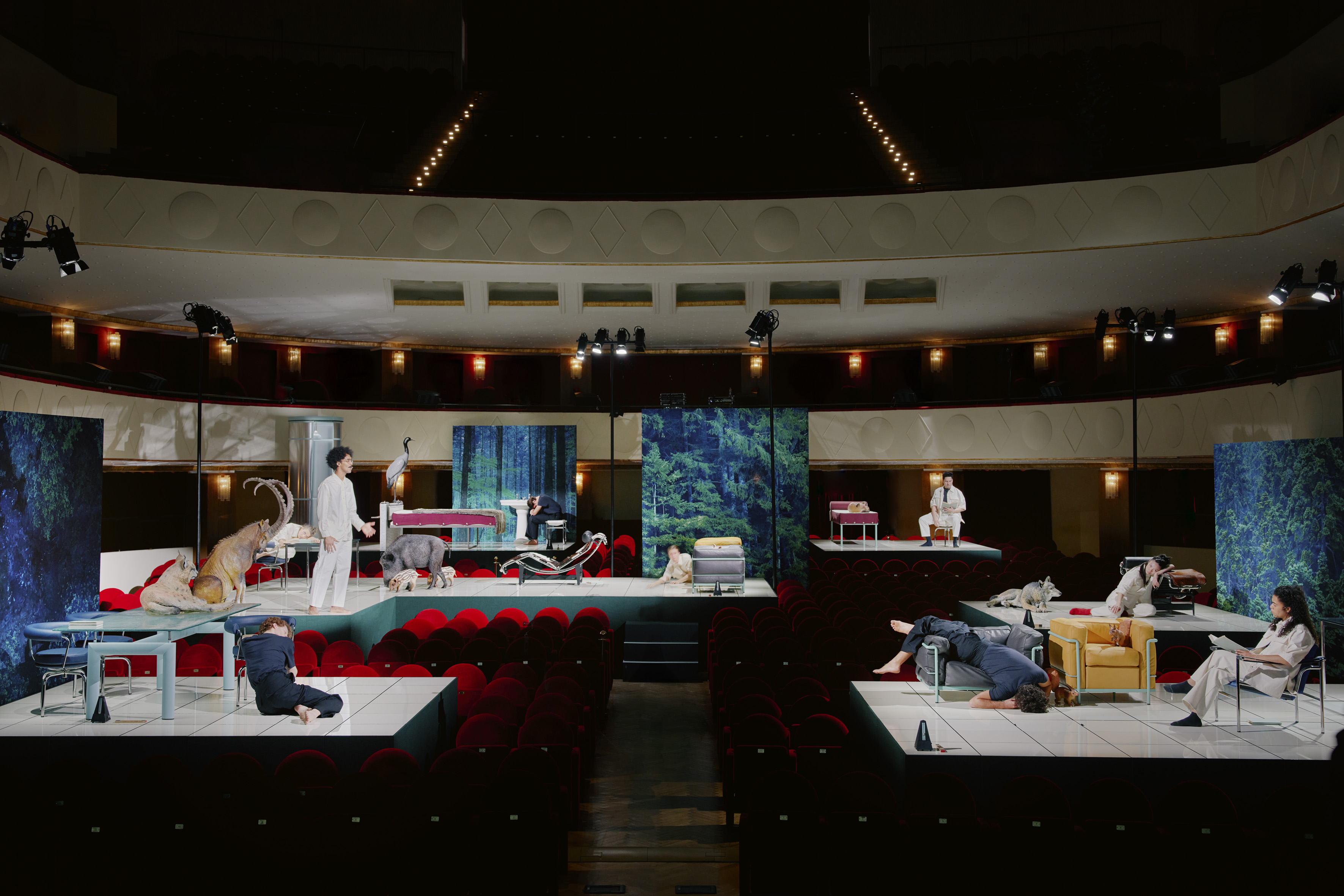 Move over, palazzos. Performances were the biggest trend at Milan Design Week
Move over, palazzos. Performances were the biggest trend at Milan Design WeekThis year, brands brought on the drama via immersive installations across the city
By Dan Howarth
-
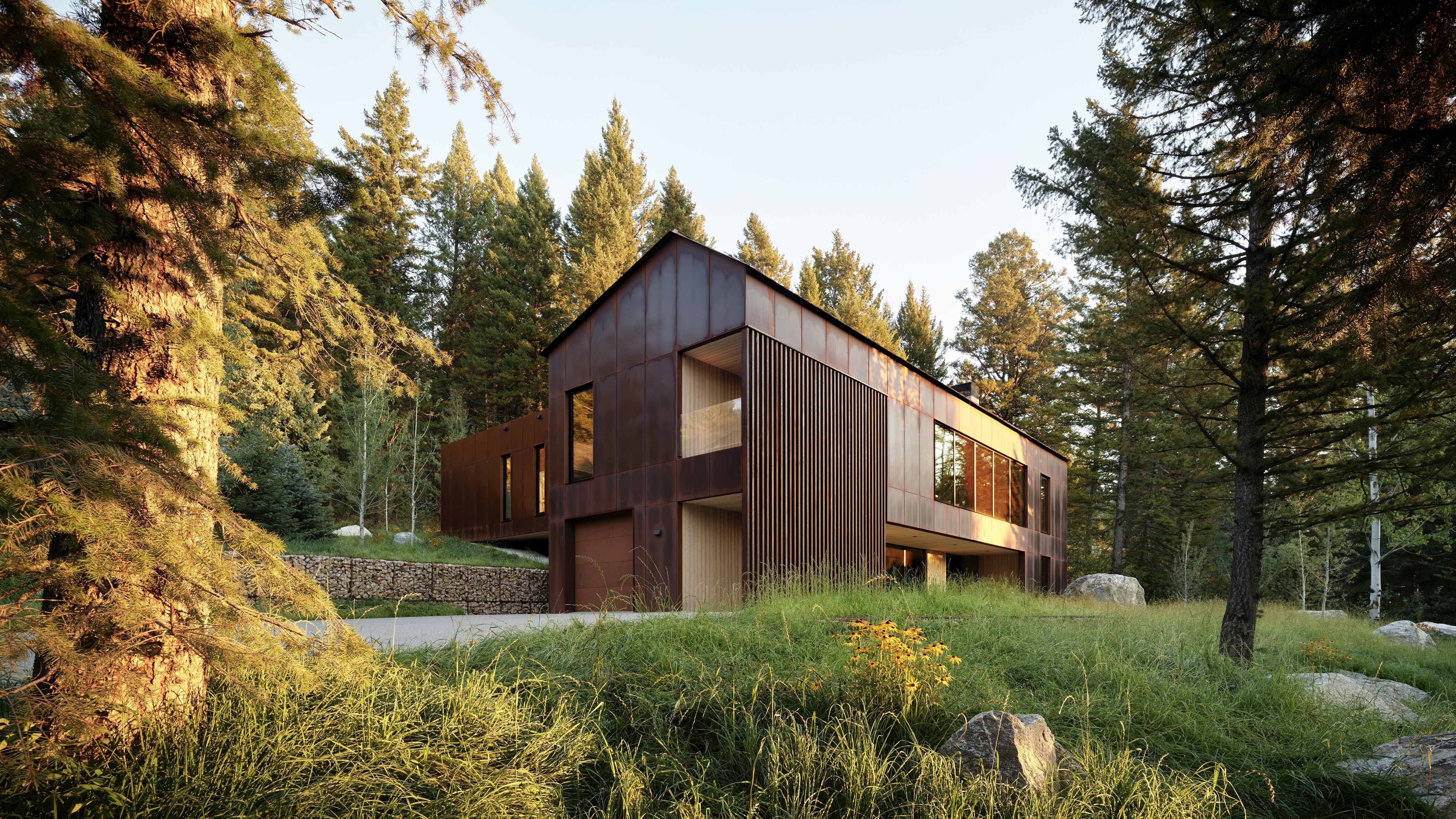 This minimalist Wyoming retreat is the perfect place to unplug
This minimalist Wyoming retreat is the perfect place to unplugThis woodland home that espouses the virtues of simplicity, containing barely any furniture and having used only three materials in its construction
By Anna Solomon
-
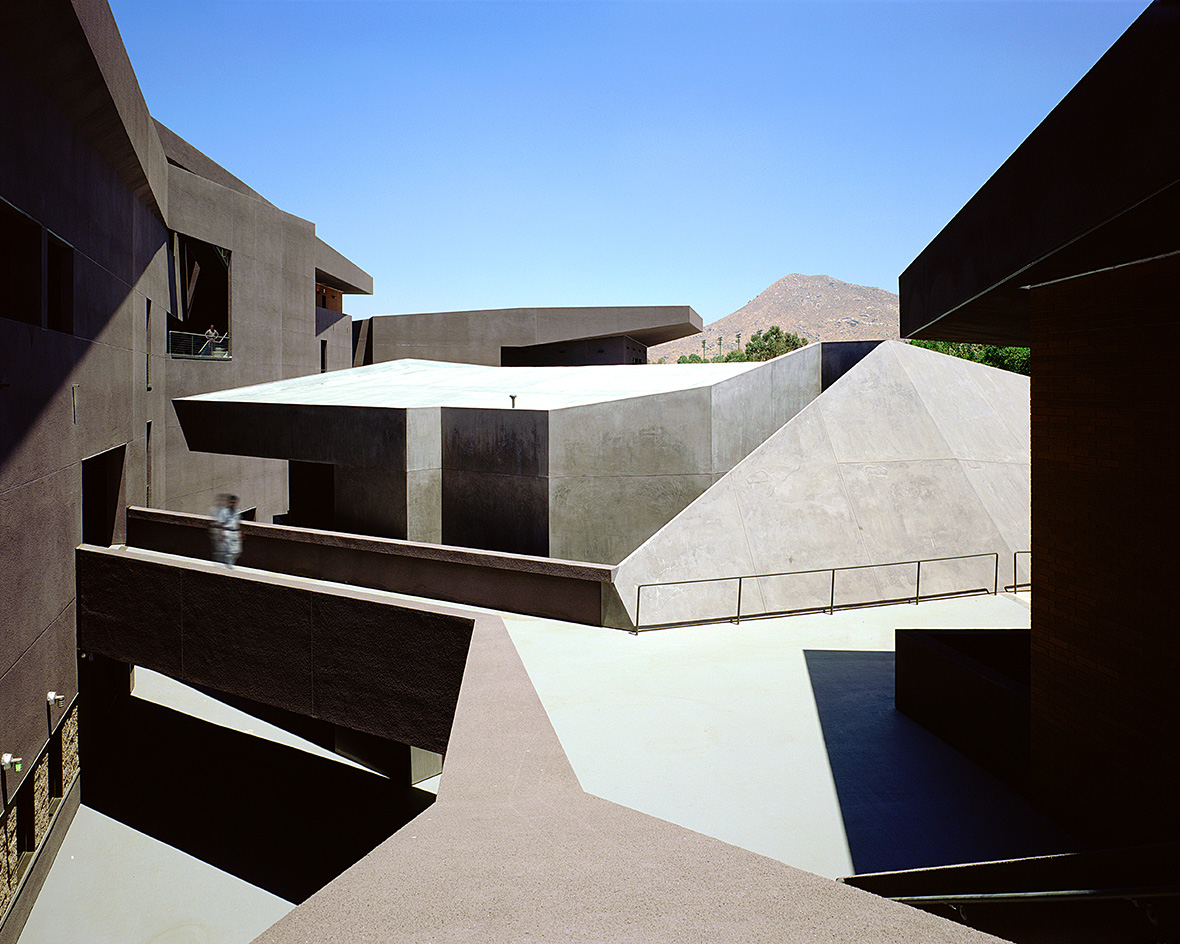 We explore Franklin Israel’s lesser-known, progressive, deconstructivist architecture
We explore Franklin Israel’s lesser-known, progressive, deconstructivist architectureFranklin Israel, a progressive Californian architect whose life was cut short in 1996 at the age of 50, is celebrated in a new book that examines his work and legacy
By Michael Webb
-
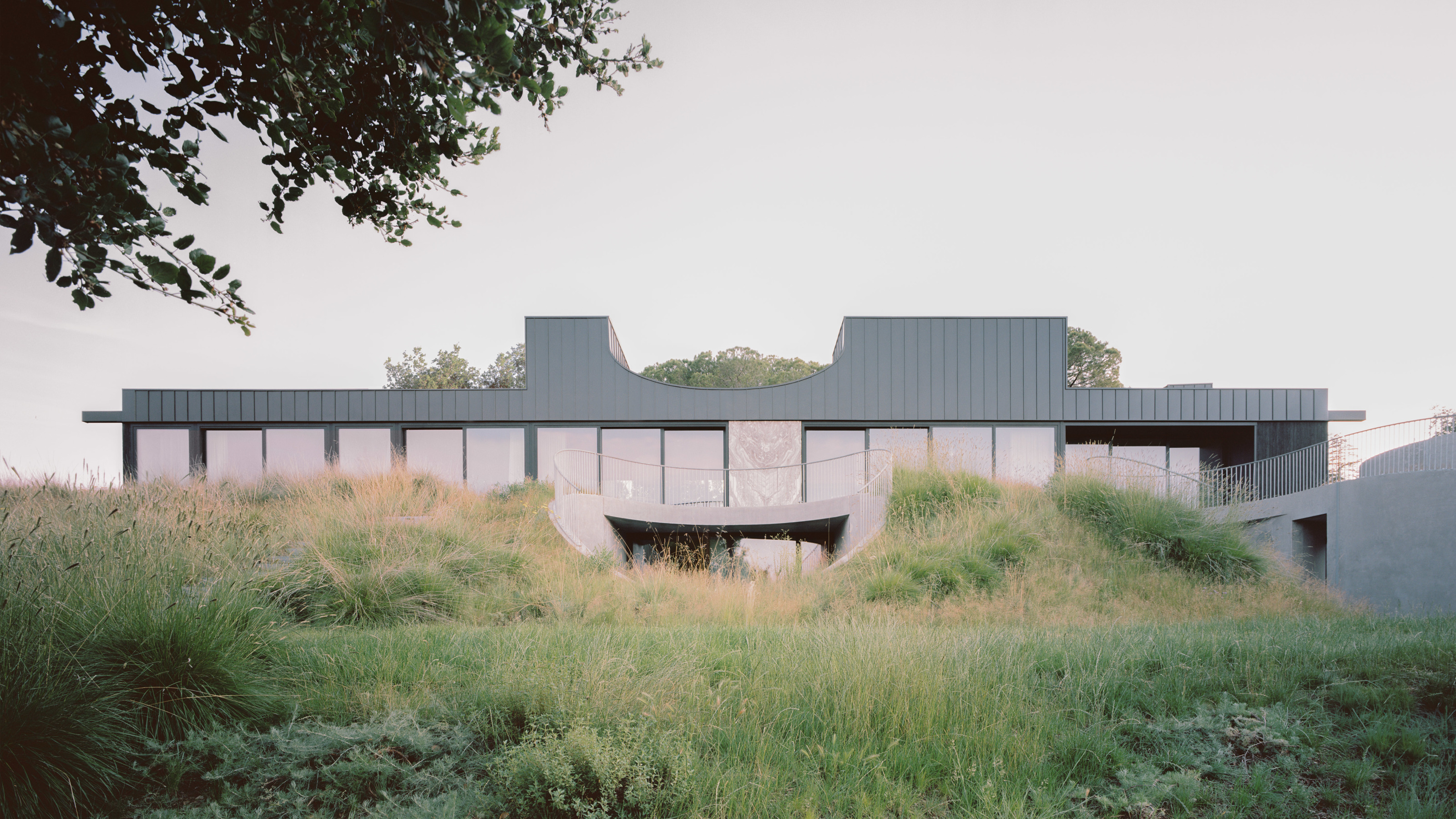 A new hilltop California home is rooted in the landscape and celebrates views of nature
A new hilltop California home is rooted in the landscape and celebrates views of natureWOJR's California home House of Horns is a meticulously planned modern villa that seeps into its surrounding landscape through a series of sculptural courtyards
By Jonathan Bell
-
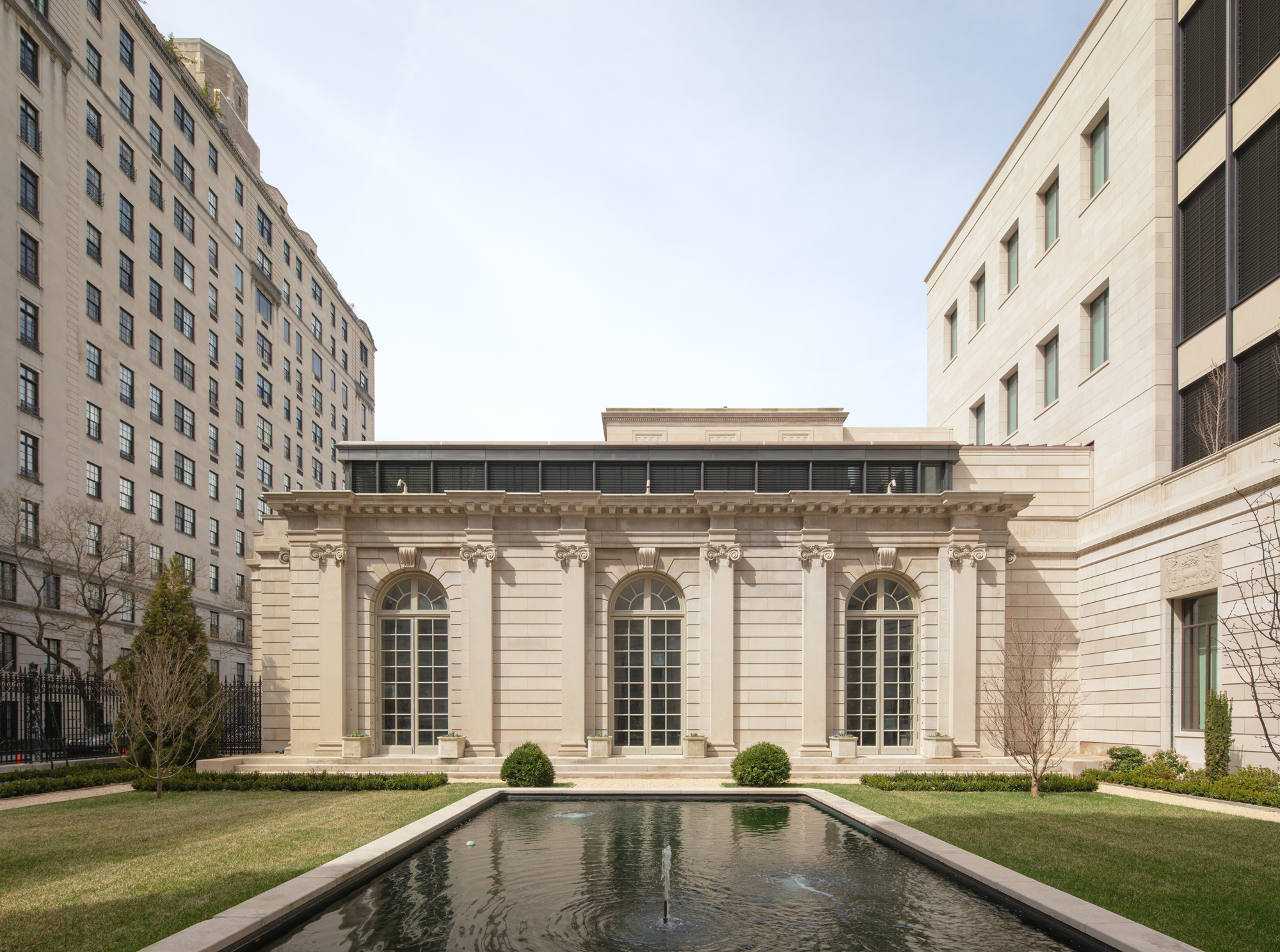 The Frick Collection's expansion by Selldorf Architects is both surgical and delicate
The Frick Collection's expansion by Selldorf Architects is both surgical and delicateThe New York cultural institution gets a $220 million glow-up
By Stephanie Murg
-
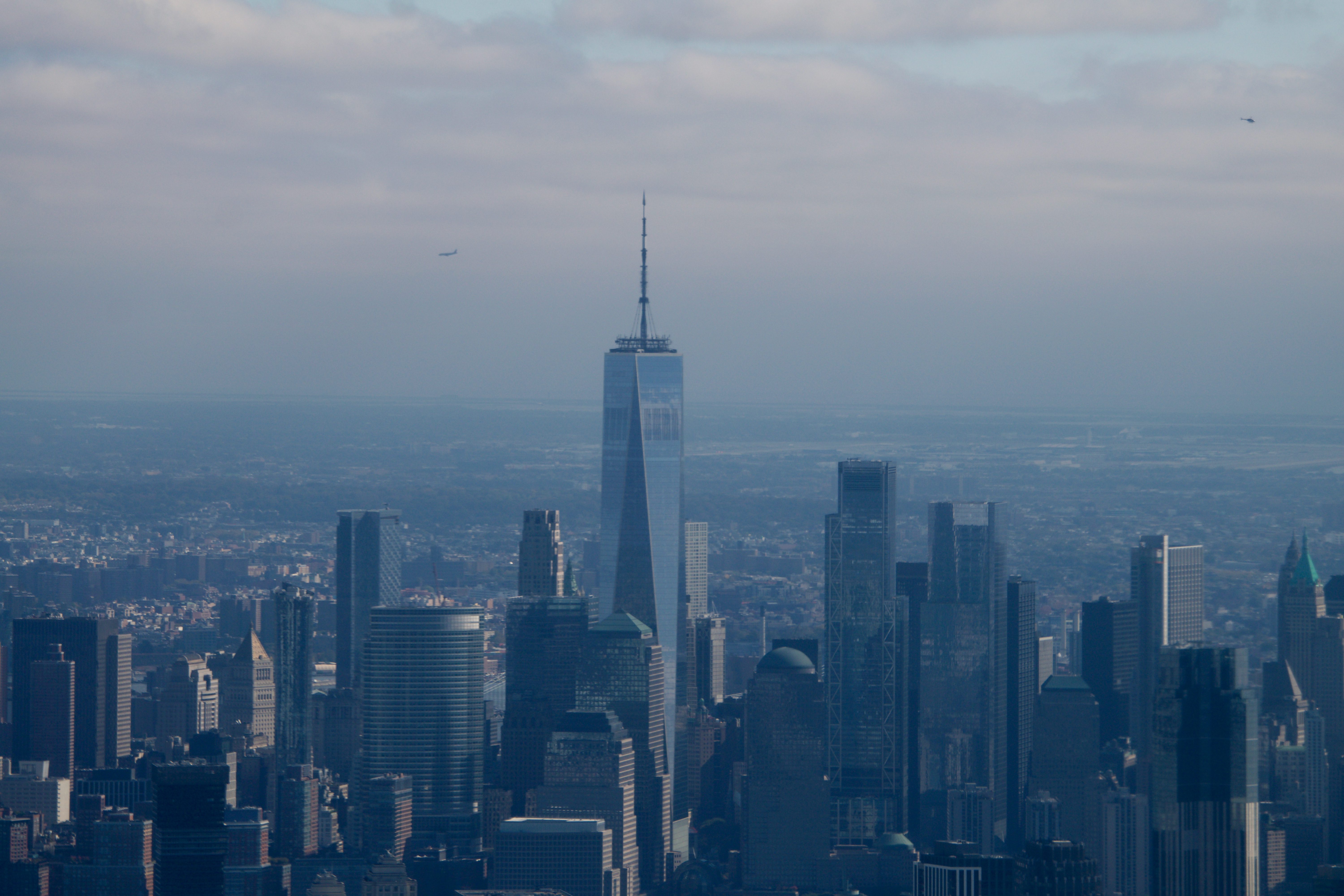 Remembering architect David M Childs (1941-2025) and his New York skyline legacy
Remembering architect David M Childs (1941-2025) and his New York skyline legacyDavid M Childs, a former chairman of architectural powerhouse SOM, has passed away. We celebrate his professional achievements
By Jonathan Bell
-
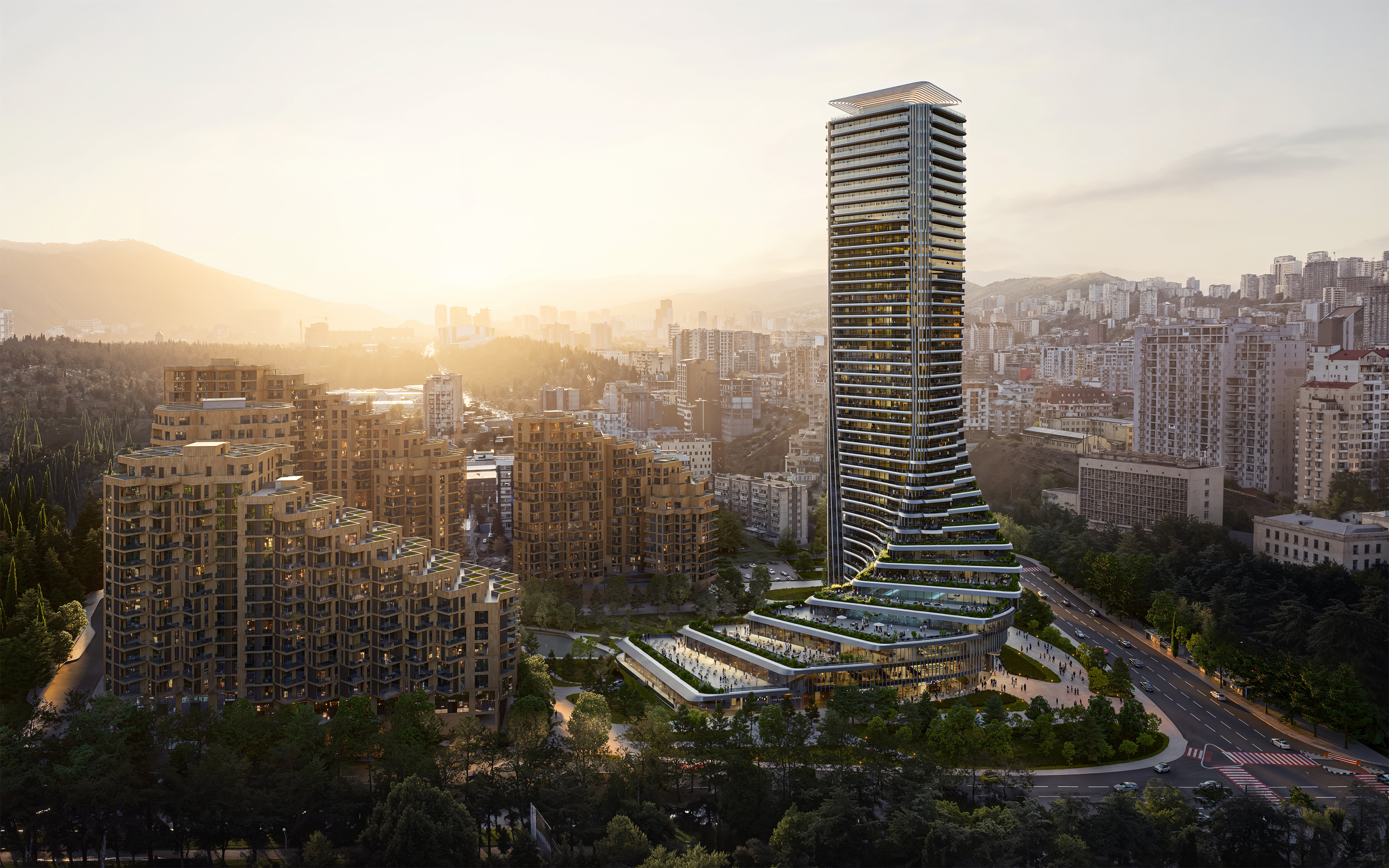 The upcoming Zaha Hadid Architects projects set to transform the horizon
The upcoming Zaha Hadid Architects projects set to transform the horizonA peek at Zaha Hadid Architects’ future projects, which will comprise some of the most innovative and intriguing structures in the world
By Anna Solomon
-
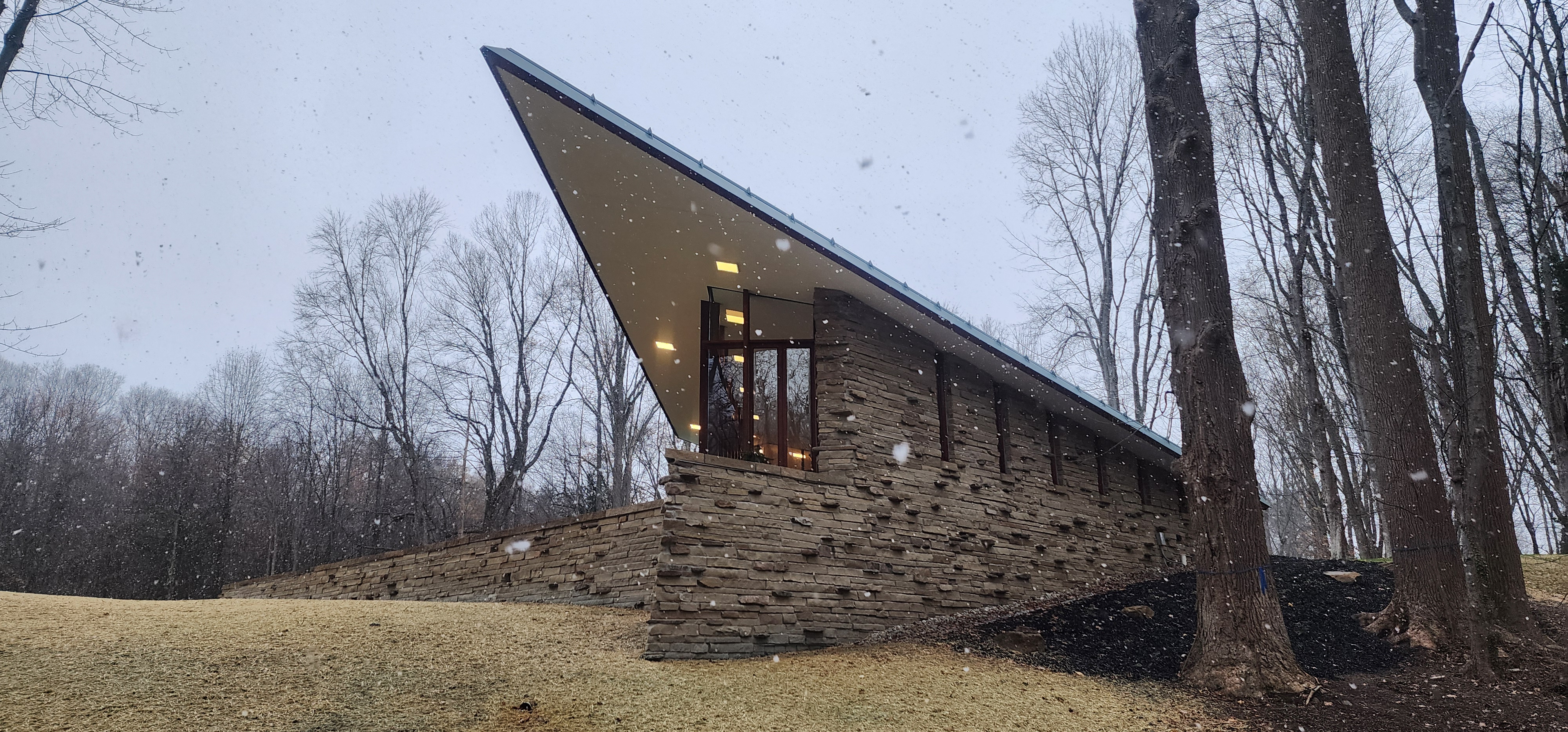 Frank Lloyd Wright’s last house has finally been built – and you can stay there
Frank Lloyd Wright’s last house has finally been built – and you can stay thereFrank Lloyd Wright’s final residential commission, RiverRock, has come to life. But, constructed 66 years after his death, can it be considered a true ‘Wright’?
By Anna Solomon
-
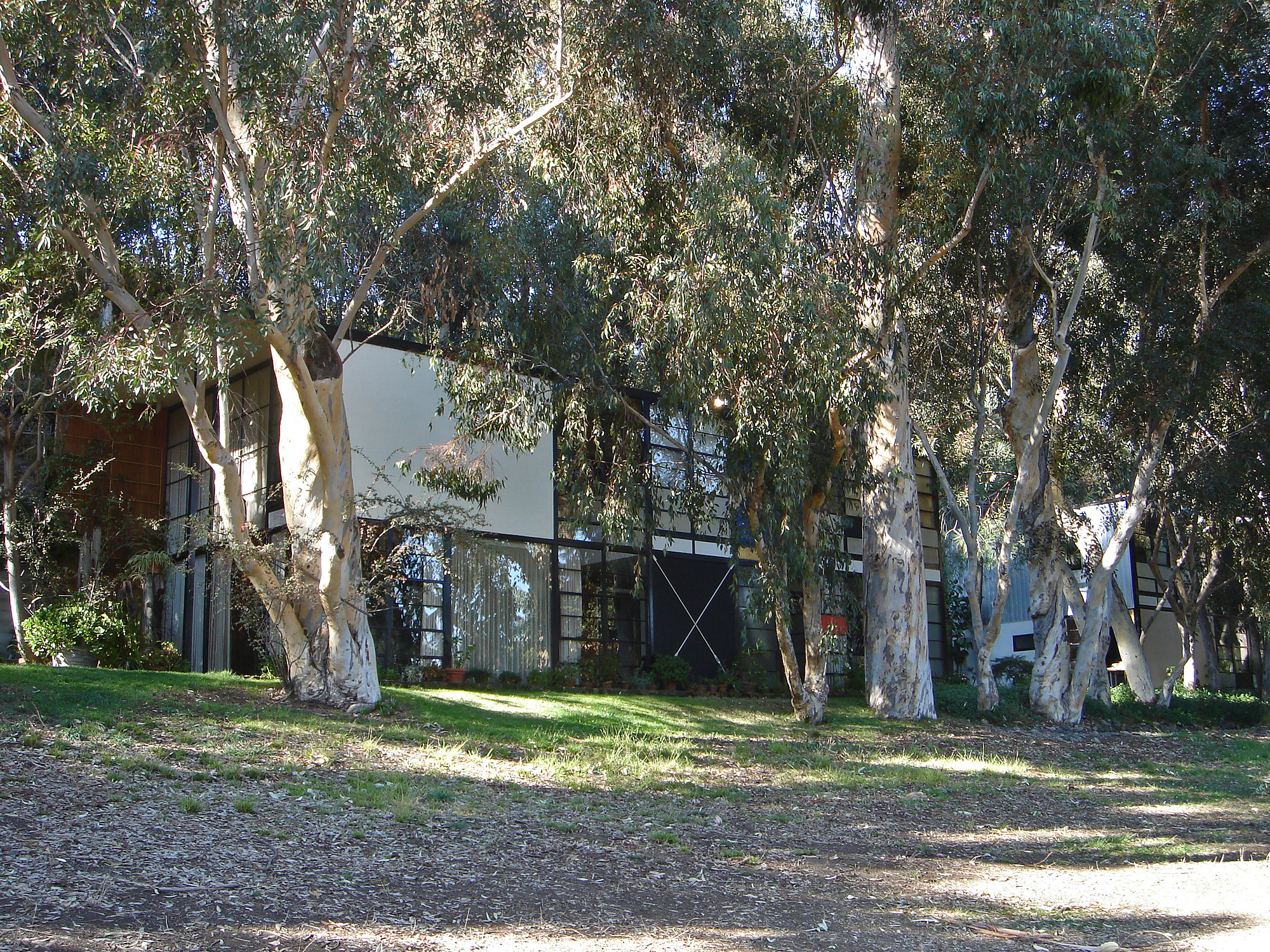 Heritage and conservation after the fires: what’s next for Los Angeles?
Heritage and conservation after the fires: what’s next for Los Angeles?In the second instalment of our 'Rebuilding LA' series, we explore a way forward for historical treasures under threat
By Mimi Zeiger